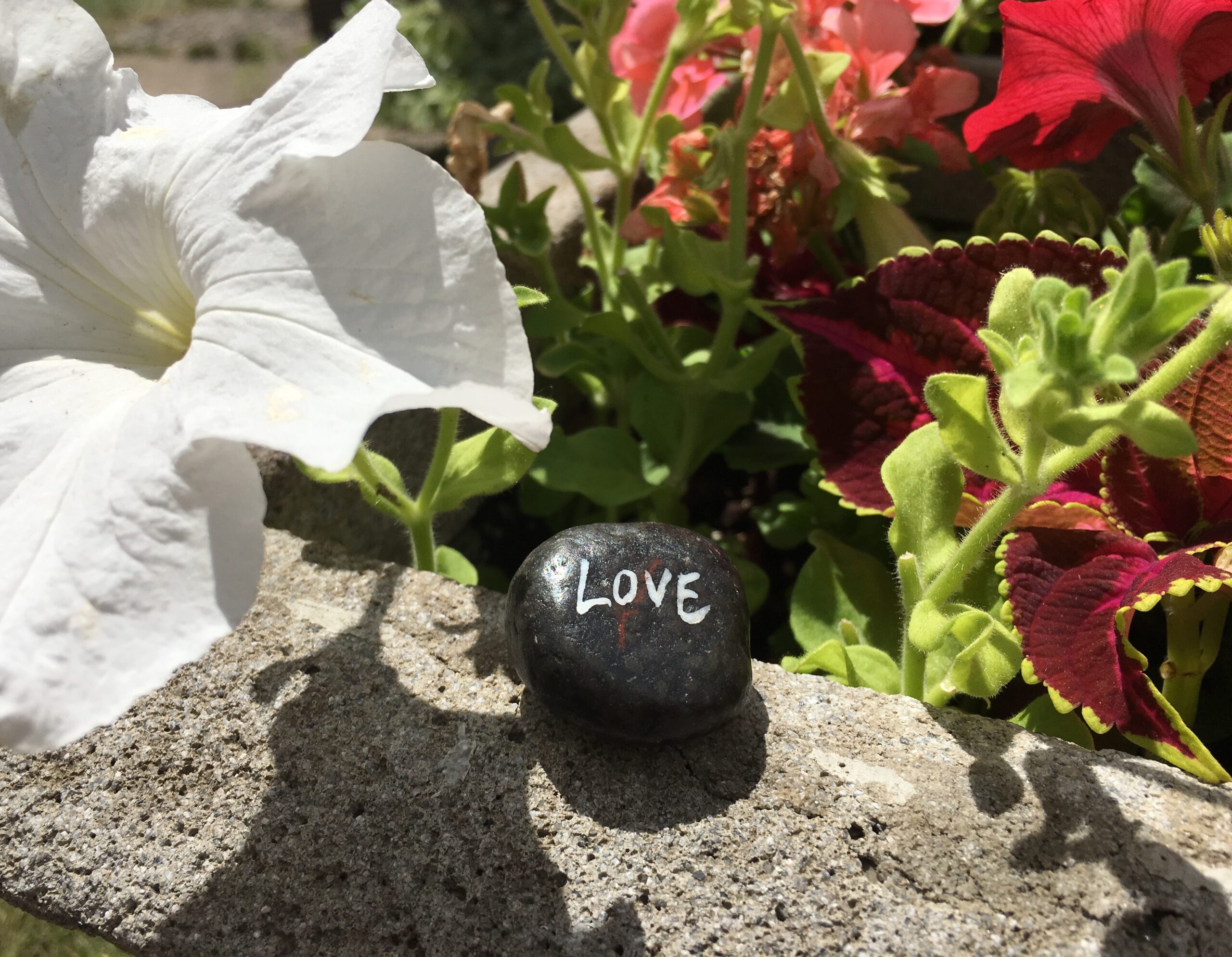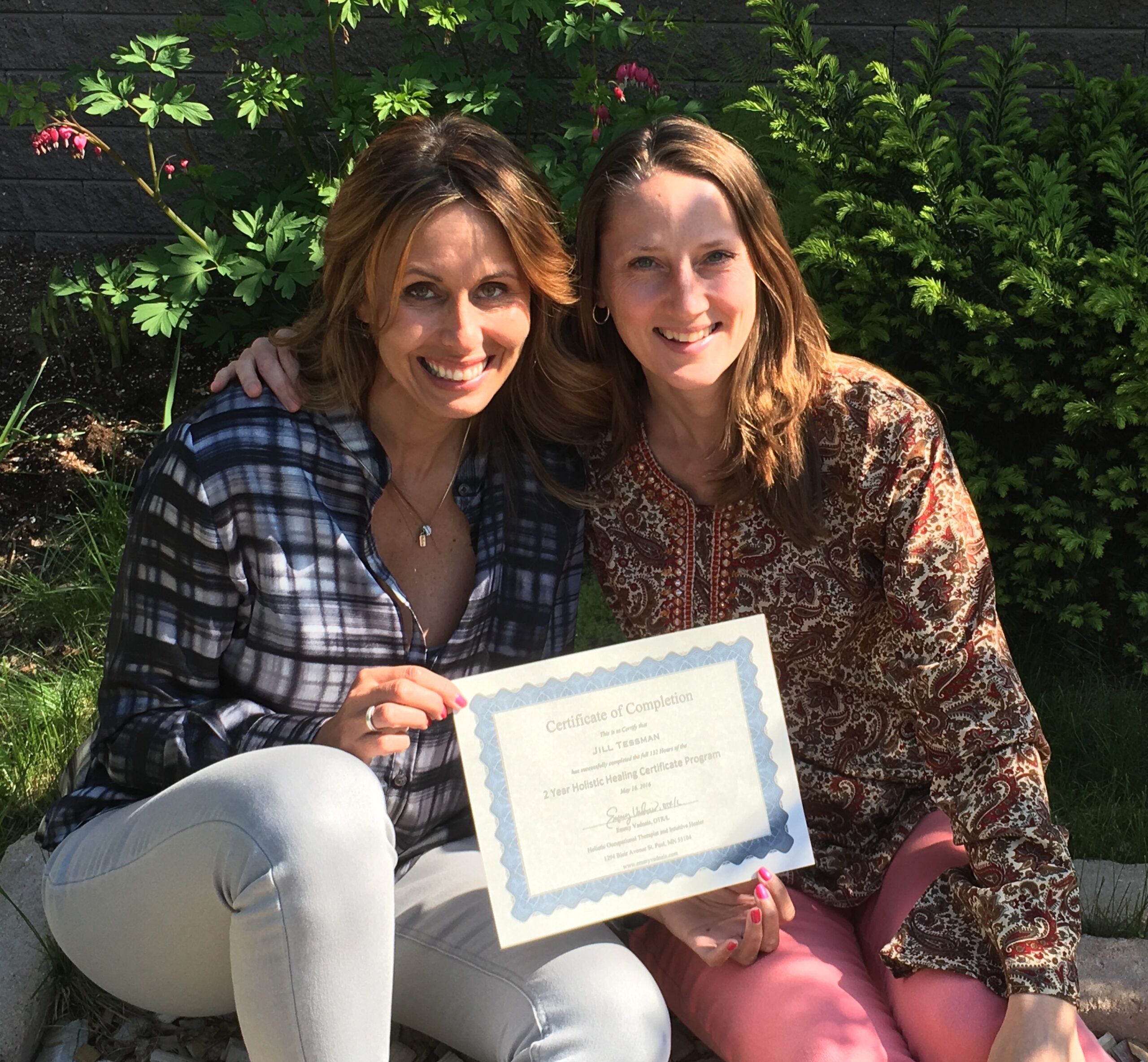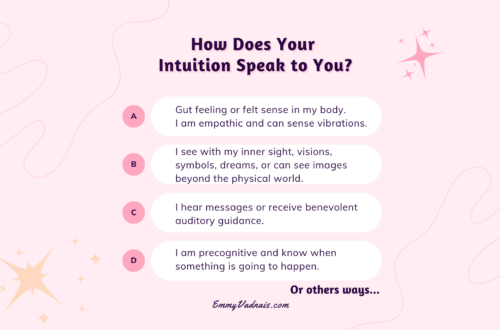
Listen to Your Heart – For these Benefits

Heart as the Center of the Seat of Consciousness
You probably often hear “Listen to your heart.” How often do you really do this, and what does the really mean? Shouldn’t we be rational and not too overly emotional? If I’m listening to my heart does that mean I’m not listening to another part of myself?
When I was learning meditation, energy healing, and developing my intuitive abilites one of the constant themes was “getting out of the head,” and into the heart or the intuitive self. A few practices I was given were to directly bring my attention to and into my heart, and another was to develop the qualities and conscious states of the heart – unconditional love, compassion, understanding, peace, wisdom, intuition, etc.… Then, we were guided to visualize white light connecting the heart to the center of the head.
Heart and brainwave coherence has been studied by an organization called HeartMath. Their mission is to facilitate a fundamental shift in health, well-being, and consciousness. They have helped everyone from children in the classroom to adults in the boardroom to be and feel successful.
They have found that the heart informs the brain more than the brain informing the heart, and that they work simultaneously together.
HeartMath says, “Most of us have been taught in school that the heart is constantly responding to “orders” sent by the brain in the form of neural signals. However, it is not as commonly known that the heart actually sends more signals to the brain than the brain sends to the heart! Moreover, these heart signals have a significant effect on brain function — influencing emotional processing as well as higher cognitive faculties such as attention, perception, memory, and problem-solving. In other words, not only does the heart respond to the brain, but the brain continuously responds to the heart.”
Why Listen to Your Heart
When stepping out of the thinking, judging, and analyzing mind we can become more expansive in our thoughts, perceptions, and our ability to access our inner wisdom – intuition.
Intuition provides, assists, and improves:
- Wisdom, guidance and direction
- Decision making and Problem solving
- Imagination, creativity, innovation
- Healing, transformation, and personal development
- Life skills, health, healing, prevention, and wellness
- Greater insight and understanding of yourself and others
- Self-confidence and self-esteem
- Self-love and self-acceptance
- Compassion for the yourself and others
- Understand why something is or has happened and how best to proceed
- Gives meaning and purpose in all aspects of life
- Develop Love and Compassion
- Spirituality
One way to develop intuition and compassion is to detach from everyday thoughts, emotions and beliefs, and to connect with the part of you that can step back and observe what you are experiencing without judgment and with compassion. This is often what is also taught in mindfulness practices.
Practicing compassion daily for both ourselves and those we serve, and teaching those we serve, can enhance health and happiness. It can assist both children and adults.
Mindfulness meditation is being present with non-judgmental awareness – allowing thoughts, feelings, and emotions to come and go without getting caught up in them. This can increase awareness, clarity and acceptance of the present reality. It can create a sense of calm, peace and acceptance. It can be helpful to connect with the heart, by bringing your attention there, and a sense of love while practicing it.
Here are some tips for on how to practice a mindfulness meditation:
1. Sit or lie down comfortably with your eyes closed.
2. Bring your awareness and your attention to your breathing.
3. When thoughts, emotions, physical feelings or external sounds occur, simply observe them with a non-judgmental attitude, accepting them and giving them space to come and go.
4. When you notice that your attention has drifted off and you’re becoming caught up in thoughts or feelings, simply note that the attention has drifted, and then gently bring the attention back to your breathing, without judging yourself.
5. It’s natural for thoughts to arise and for your attention to follow them. No matter how many times this happens, keep bringing your attention back to your breath or be aware of what is occurring from an observing and loving place. Practice for 1-30 minutes as formal meditation or throughout your daily activities.
Access your Intuition by Listening to this Inner Wisdom Guided Imagery
(Do not listen to while driving or participating in any task that requires your full attention)
By stepping back and observing from an intuitive and a non-judgmental and compassionate way, uncomfortable feelings, thoughts, emotions and sensations may transform. It can help us learn that we do not have to believe all of our conditioned thoughts and emotions. You can feel more centered by being more fully in the present moment and be able to better participate in activities of daily living.
If you would like to develop your intuition, or improve anything from the list above, please contact me at [email protected].




